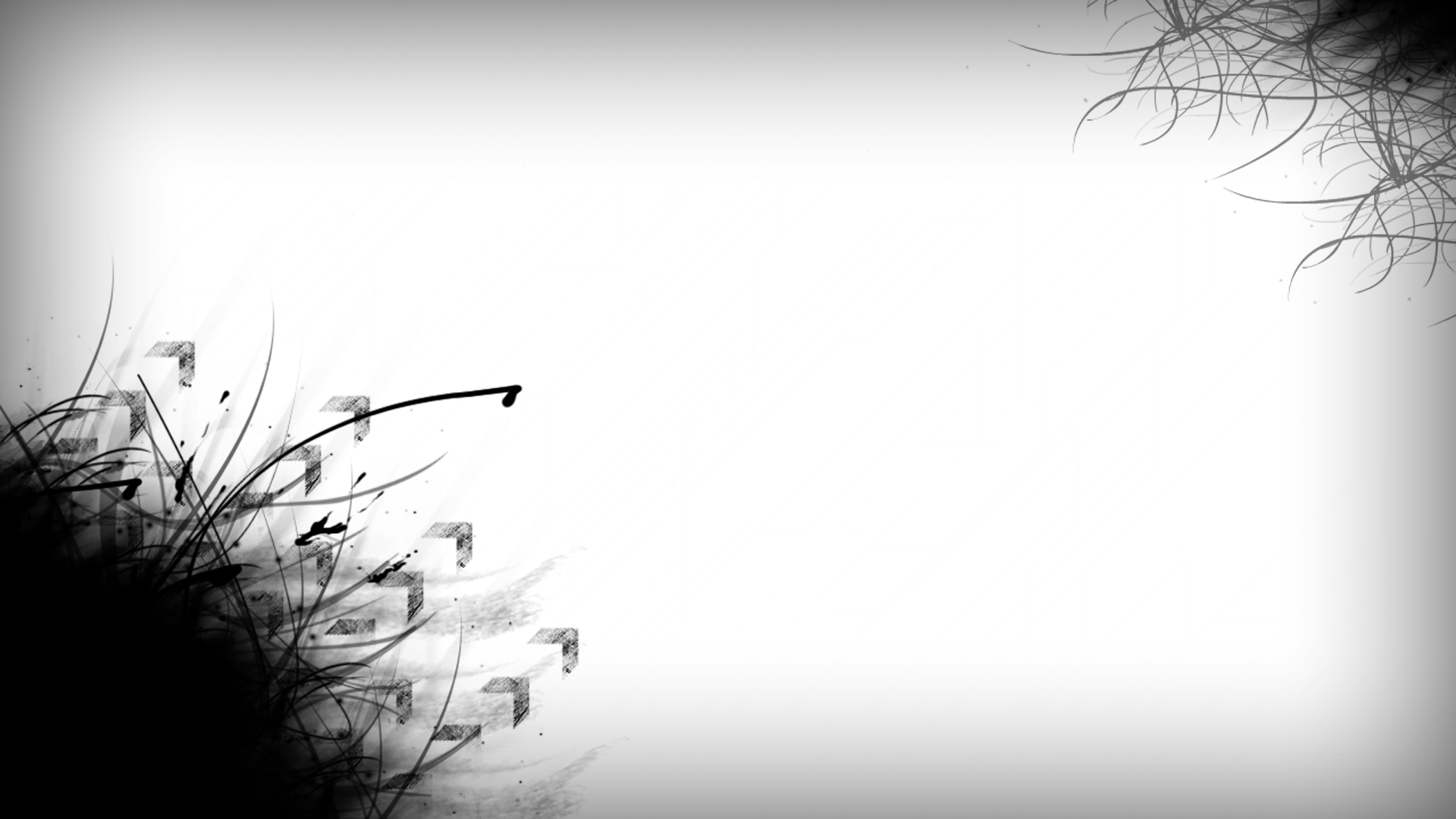
Mantis 19 (Spring 2021)
"A figure in which secret things confide”
Parwana Fayyaz
The poem “Reading Nadia with Eavan” is a tribute to Eavan for the lesson and wisdom she shared with me about women’s position in poetry and history. Even though I read Nadia’s poems in Persian, I discussed her poems in English, Eavan understood the voice and the image, the position and the power of the poet in those poems more than anyone else. She encouraged me to translate Nadia’s poems which I did. Hopefully, one day I will publish them.
Reading Nadia with Eavan
1.
I come from a mountainous land,
the skirts of its valleys are filled with poppies.
Each one with a darkened heart,
resembling black-haired women—
visiting from some distant past.
Their eyes darker than the clothes
they have wrapped around their shy bodies.
They have their hands cupped around their ears,
to hear the orchestra of sounds inside their heads.
Not knowing they are the spectacles of their own show.
2.
This land has long been silenced.
Only one woman allowed herself to hear and sing a song,
writing poetry by holding up a mirror,
and singing to her own reflection.
That woman was Nadia Anjuman.
A poet from Herat, Afghanistan,
she became the Afghan poet of her era—
the harshest of eras.
In 2005, she died a violent death—
at the hands of her husband.
News of her death
spread like red water on a white surface.
Yet, her brave voice could not be silenced.
It only grew in meaning.
3.
Years later, reading Nadia with Eavan Boland
in my poetry session in Margaret Jacks Hall
I hold that mirror now.
I paint the woman I see in it.
The woman I paint is Nadia.
I paint her with the words I speak when
Eavan questions me:
What did Nadia mean when she wrote—
it is the green gaits of the rain that makes the sound...
What is her sense of the private versus the public imagination?
I say:
Nadia was a visionary,
she was waiting for women poets
to rain on the land that had harvested them.
Nadia writes:
They reach here from the road, this time,
bringing a few thirsty souls...
[with] their drying throat...
She is making a promise.
The promise of a voice that will not die of thirst or unsatisfied.
A throat that echoes truth beyond
the designated spaces, be they private or public.
4.
In the month of April, year 2020,
news of Eavan’s passing reaches me.
She appears to me on the other side of the mirror,
in a place between a memory and a dream,
she holds my left arm and talks to me about poetry.
I hear her voice.
Again, she asks me about the meaning of Nadia’s message.
Now I think I know the answer.
I respond:
Nadia’s message was of the land through the light,
where the only country is ruled in-between
God and a woman’s mind.
In there, God is the woman’s voice.
It is midnight already.
I have now drawn the rain in the color of light,
the land in the color of golden reed-crops
that grow taller with their heads up high, piercing the light.
Nadia and Eavan merge into a mind and a voice,
I hear them speak, and they speak of truth
that is never irrational or outside history.
They are in their simplest form, like time.
PARWANA FAYYAZ was born in Kabul, Afghanistan in 1990. She was raised in Quetta, Pakistan. After finishing high school in Kabul, she began her undergraduate studies in Chittagong, Bangladesh. She transferred to Stanford University and earned a B.A. in Comparative Literature and Creative Writing under the supervision of Eavan Boland, and an M.A. in Religious Studies. In 2016 she moved to Cambridge University to pursue a Ph.D. in Persian Studies at Trinity College, and in 2020 she became the Carmen Blacker Fellow at Peterhouse. She is currently working on her first poetry collection and a monograph based on her dissertation.
